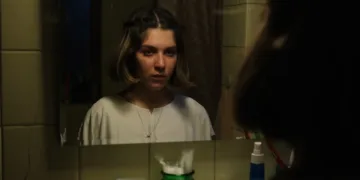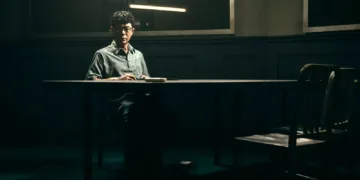Days before his drama Bidad enters the Crystal Globe competition at the Karlovy Vary International Film Festival on 9 July, Iranian filmmaker Soheil Beiraghi disclosed that several members of his production team have been sentenced in Tehran for their work on the film, receiving jail terms later converted to fines and suspended sentences.
Court documents list charges such as “encouraging corruption,” “producing obscene content,” and “propaganda against the state.” Beiraghi himself was fined the equivalent of 165 million tomans after a three-year-seven-month custodial term was commuted; lead actress Sarvin Zabetian received a 91-day term, suspended for five years, and is banned from using a smartphone in that period.
Shot in secret and without government permits, Bidad follows Seti, a young woman who sings in public despite Iran’s four-decade ban on female solo performance, transforming city streets into a stage for spontaneous audiences. Festival organizers say they delayed announcing the film until the team could leave Iran safely. Artistic director Karel Och praised both the craft and the courage behind the project, calling it a work “with the potential to speak to people everywhere.”
Beiraghi told The Hollywood Reporter he is “ready for the consequences,” adding, “It’s not my problem what the Islamic Republic will do to me when I’m back.” His 2018 feature Cold Sweat, which depicted a female futsal star barred from travel by her husband, was blocked from public screening at home, making him a familiar target of cultural censors. The pressure reflects a wider clampdown: another Iranian auteur was handed an eight-year prison sentence earlier this year after portraying 2022 protest unrest.
Bidad—marketed internationally as Outcry—runs 104 minutes and stars Zabetian, Leili Rashidi and Amir Jadidi; it was produced independently by Beiraghi’s Alef Pictures and screens in Karlovy Vary on 9–12 July before seeking broader festival play.















































